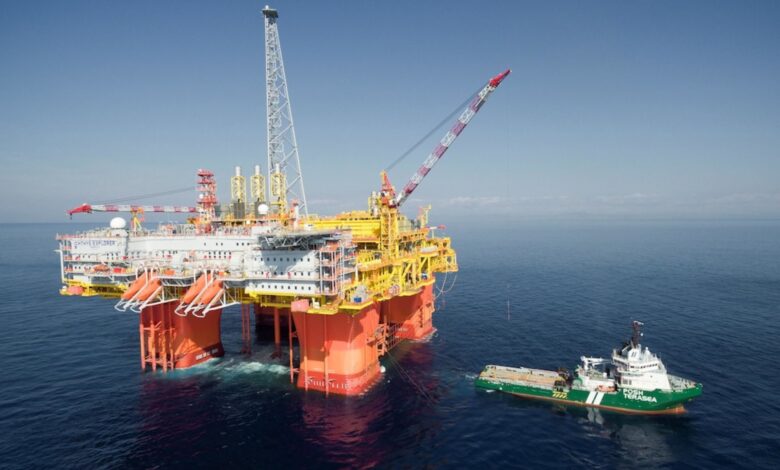
OPEC has agreed to another “moderate” production hike
The Organization of Petroleum Exporting Countries (OPEC) approved a minor increase in output for June on Thursday, despite continued concerns about weakening Chinese demand and the fact that the world’s largest trade bloc adopted further sanctions against Russian oil. Next month, the important OPEC energy group and its partners will increase oil output targets by 432,000 barrels per day. On June 2, OPEC will have its next meeting. They quickly agreed to raise their production goals for May at the end of March. The group was led by Saudi Arabia’s crown prince.
In a research report, Ajay Parmar, senior oil price analyst at the ICIS commodity intelligence service, stated, “OPEC is unlikely to put additional oil on the market to remedy the problem of market tensions, as they are extremely delighted that prices continue above $100 per barrel.” “Any considerable rise in extra supplies from OPEC would endanger these high prices,” Parmar stated. The group’s most recent meeting is taking place in the midst of a supply crisis.
As part of the new round of financial sanctions, the European Union announced its intention to restrict imports of Russian oil for six months and petroleum products by the end of the year. After the United States and Saudi Arabia, Russia is the world’s third largest oil producer and exporter of crude oil to international markets. It is also a major natural gas producer and exporter. Oil prices rose on Wednesday as a result of the news, adding to the gains made since the Kremlin initiated a special operation on February 24. During afternoon trading in London on Thursday, international Brent crude futures were trading at $111, up 1.5 percent for the session, while U.S. West Texas Intermediate crude futures were trading at around $109, up about 1.4 percent.
According to Stephen Brennock, senior analyst at PVM Oil Associates in London, OPEC is anticipated to “remain indifferent” to the risk of a growing scarcity of Russian oil supply, despite the fact that numerous member countries are struggling to fulfill their production targets. “As a result, the OPEC quota gap will widen. In other words, the oil group’s compliance with production reduction regulations will only improve, according to a research note by Brendanock. “All of this could result in a larger-than-expected supply shortage in the months ahead.” “The reduction in supply is a favorable omen for prices and should give the “oil bulls” an advantage, at least for the time being,” he added. “To put it another way, there are more reasons to be a bull than a bear right now.”